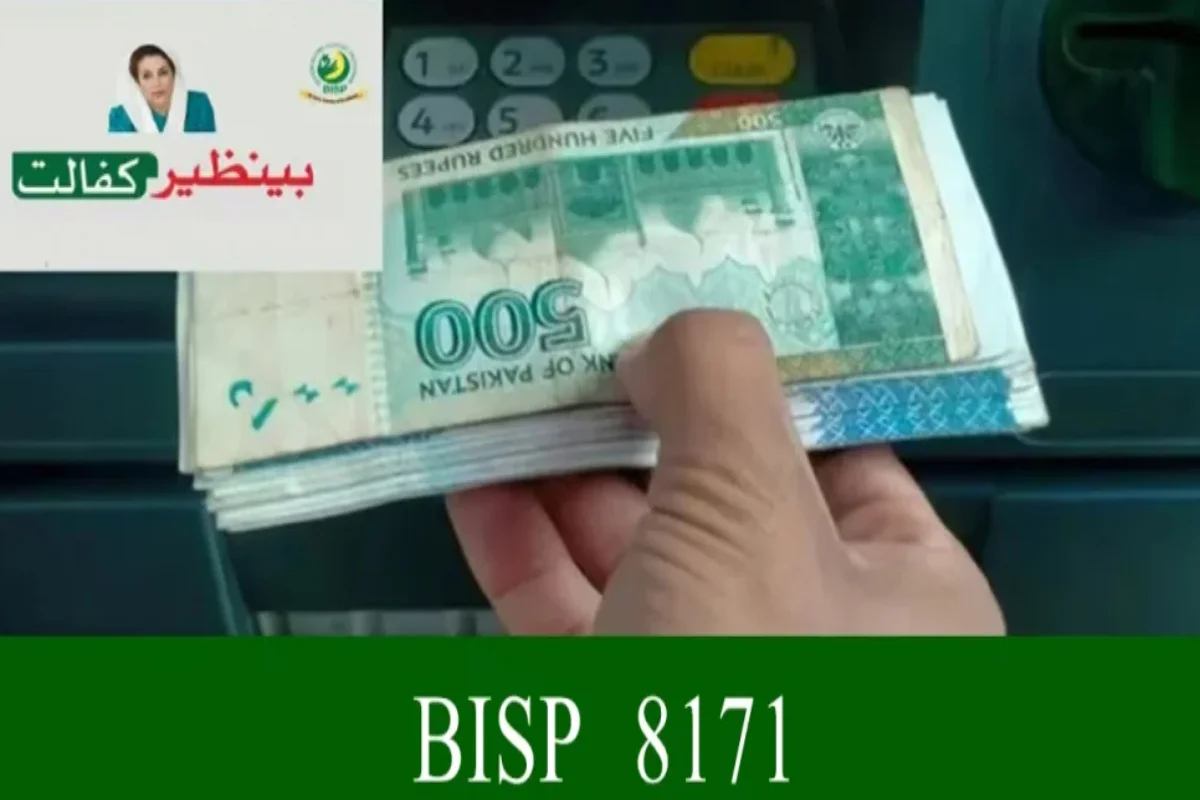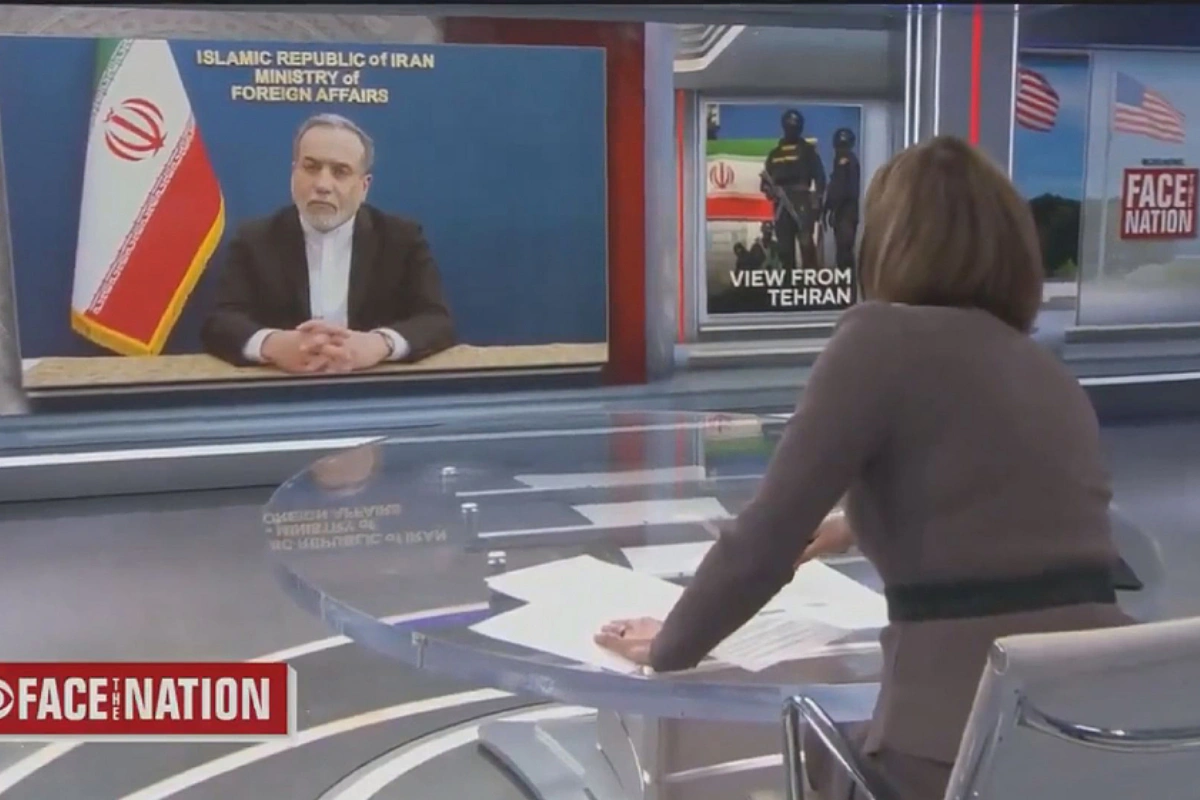BISP August 2025: How stopping cash payments affects domestic violence

BISP 8171 Phase 2 District Payment List – Nov 2025
For more than 15 years, the Benazir Income Support Programme (BISP) has helped Pakistan’s poorest families. Started in 2008, it gives cash directly to women in low-income households. This money helps families pay for essentials and gives women more control over household decisions.
In August 2025, new rules changed who can receive payments. While the goal is to help the neediest, some families lost their benefits. This creates a risk: without the steady income, financial stress can rise, and domestic violence (Intimate Partner Violence, or IPV) may increase.
How BISP Helps Women
BISP payments do more than provide cash—they empower women. Women who receive money often:
Have a bigger say in family decisions
Gain confidence in managing finances
Have a safety net if they face abuse
Why Cash Transfers Reduce Domestic Violence
Direct cash payments to women help lower IPV by:
Reducing household stress
Giving women more bargaining power
Reducing dependency on male partners
Providing funds to leave unsafe situations
What Happens When Payments Stop
When BISP payments are stopped, families can struggle immediately:
Bills go unpaid
Food quality drops
Women lose financial independence
Household tensions rise
Long-term effects include:
Children leaving school to work
Families going into debt
Women losing decision-making power
Higher risk of domestic violence
Who Is Most Affected
Families just above the new eligibility cutoff
Widows and single mothers in rural areas
Households with disabled members
Large families with limited income
Recommendations for Safer Changes
To protect families, BISP changes should include:
Gradual reduction of payments instead of stopping them suddenly
Support for women to earn income through skills training, microloans, or employment
Combining cash aid with healthcare, financial literacy, and legal support
Stronger domestic violence response, including hotlines, shelters, and awareness campaigns
Real-Life Stories
Ayesha from Sindh: Her payments stopped, causing arguments at home. She had to borrow money to cover basic needs.
Farzana from Punjab: After losing BISP aid, her eldest son had to leave school to work.
These stories show that changes in policy can have serious effects on real families, especially women and children.
Conclusion
BISP has been more than a financial program—it has helped women gain independence and keep families safe. As the program adjusts rules, careful planning is needed to protect vulnerable households and prevent a rise in domestic violence.
Read More: BISP launches digital payments in August 2025 for faster, clearer aid
Catch all the Trending News, Breaking News Event and Trending News Updates on GTV News
Join Our Whatsapp Channel GTV Whatsapp Official Channel to get the Daily News Update & Follow us on Google News.














